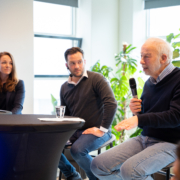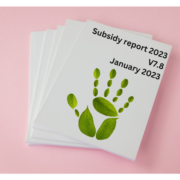Korea Future: North Korean Prison Database – April 2022 Launch
A new resource for human rights activists and accountability researchers has been launched at the Humanity Hub. The North Korean Prison Database provides a first-time look at the details of nearly 600 perpetrators linked to more than 5000 human rights violations in prisons across the country.
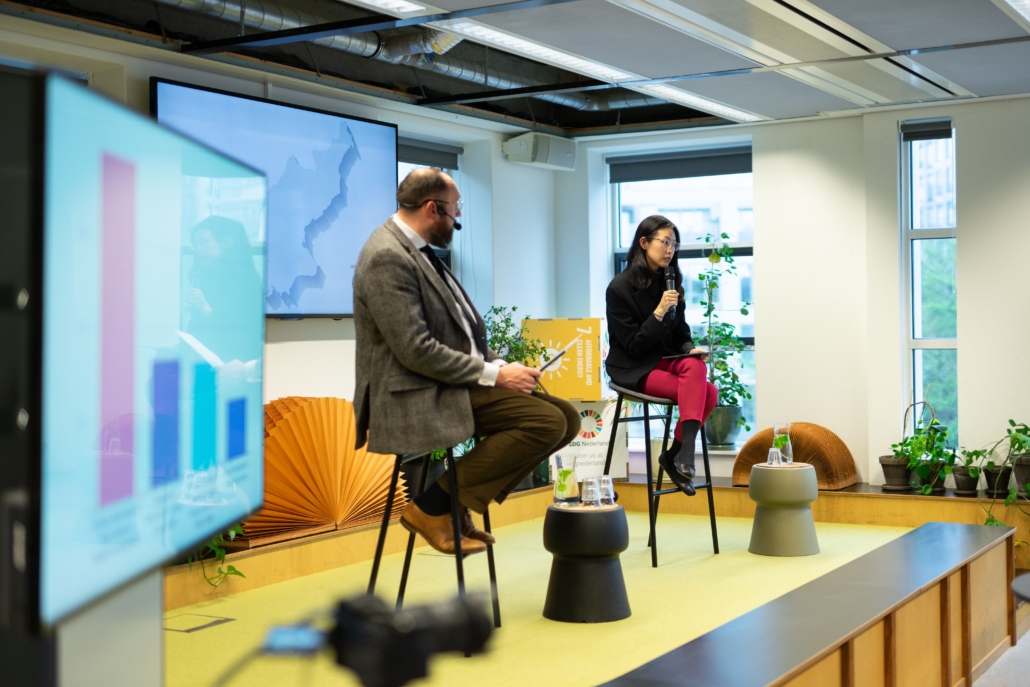
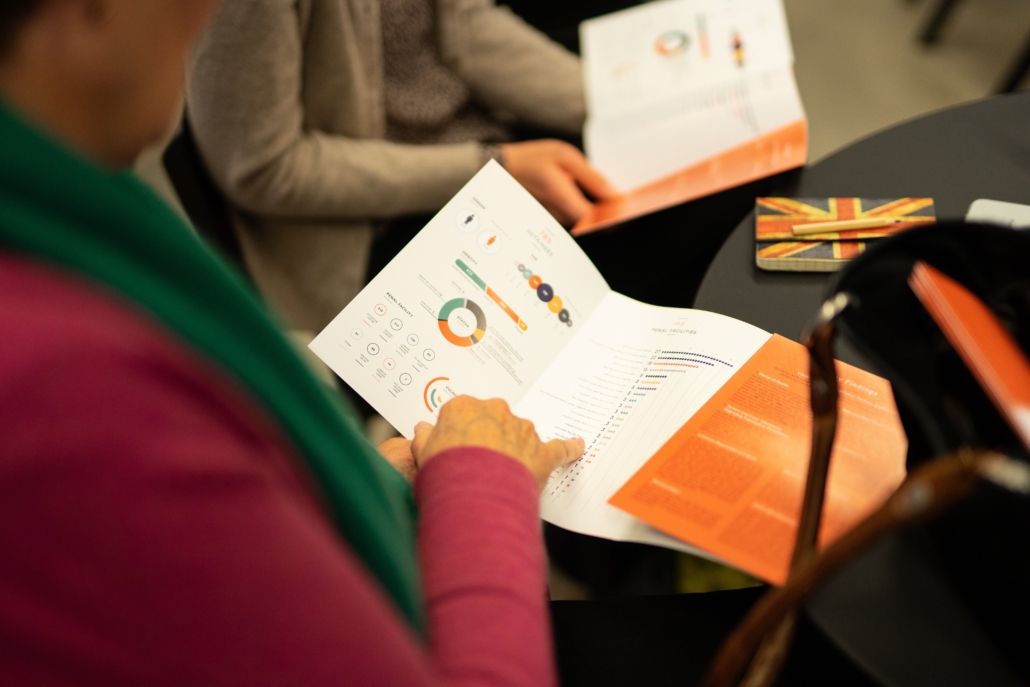
Collected by NGO Korea Future, a new member to the Humanity Hub community, the database represents “a detailed and exhaustive investigation into violations of international law in North Korea’s penal system,” says Suyeon Yoo, Co-Director of Korea Future.

The details are drawn from 250 interviews with perpetrators, survivors, and witnesses conducted in the past 10 months, alongside physical and digital evidence and imagery gathered from inside North Korea. They include geolocated sites of atrocities and a digitally modelled internal architecture of one notorious penal facility. These digital models “allow us to see inside a North Korean penal facility for the very first time to better understand the conditions of detention,” says Hae Ju Kang, Co-Director of Korea Future.

This vast penal system stretches across North Korea, hidden from the world. Industrial-grade violations of international law — from torture and widespread starvation to inhumane, overcrowded, and unsanitary conditions of detention — have led to catastrophic human consequences.
Until now, little evidence from North Korea’s penal system had been gathered for the explicit purpose of holding accountable those implicated in crimes and violations. Rarer still was evidence that identified individual perpetrators and linked them to cases. As part of the release of the North Korean Prison Database, Korea Future will also explore the prospects for accountability for the nearly 600 identified perpetrators.
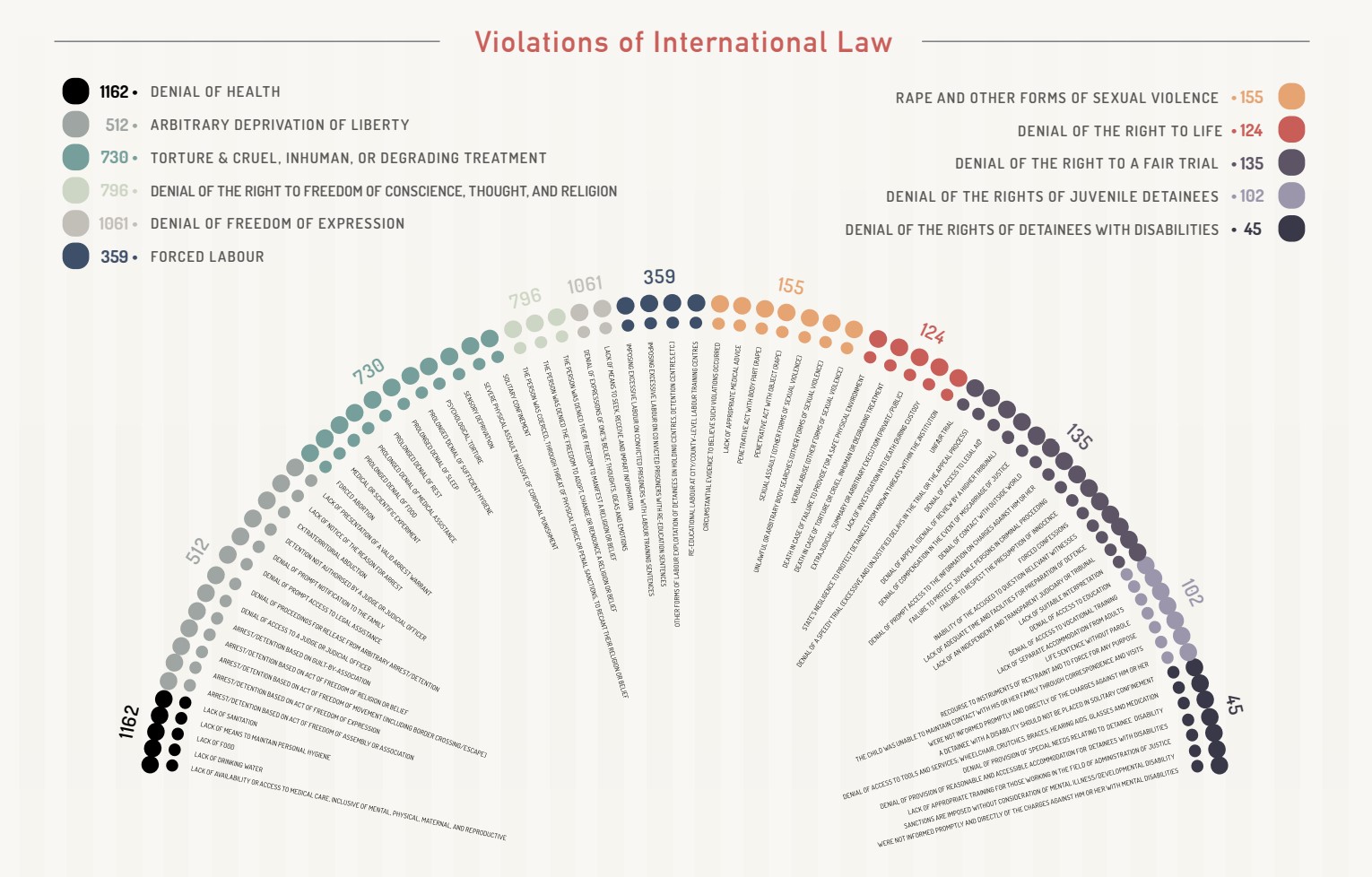
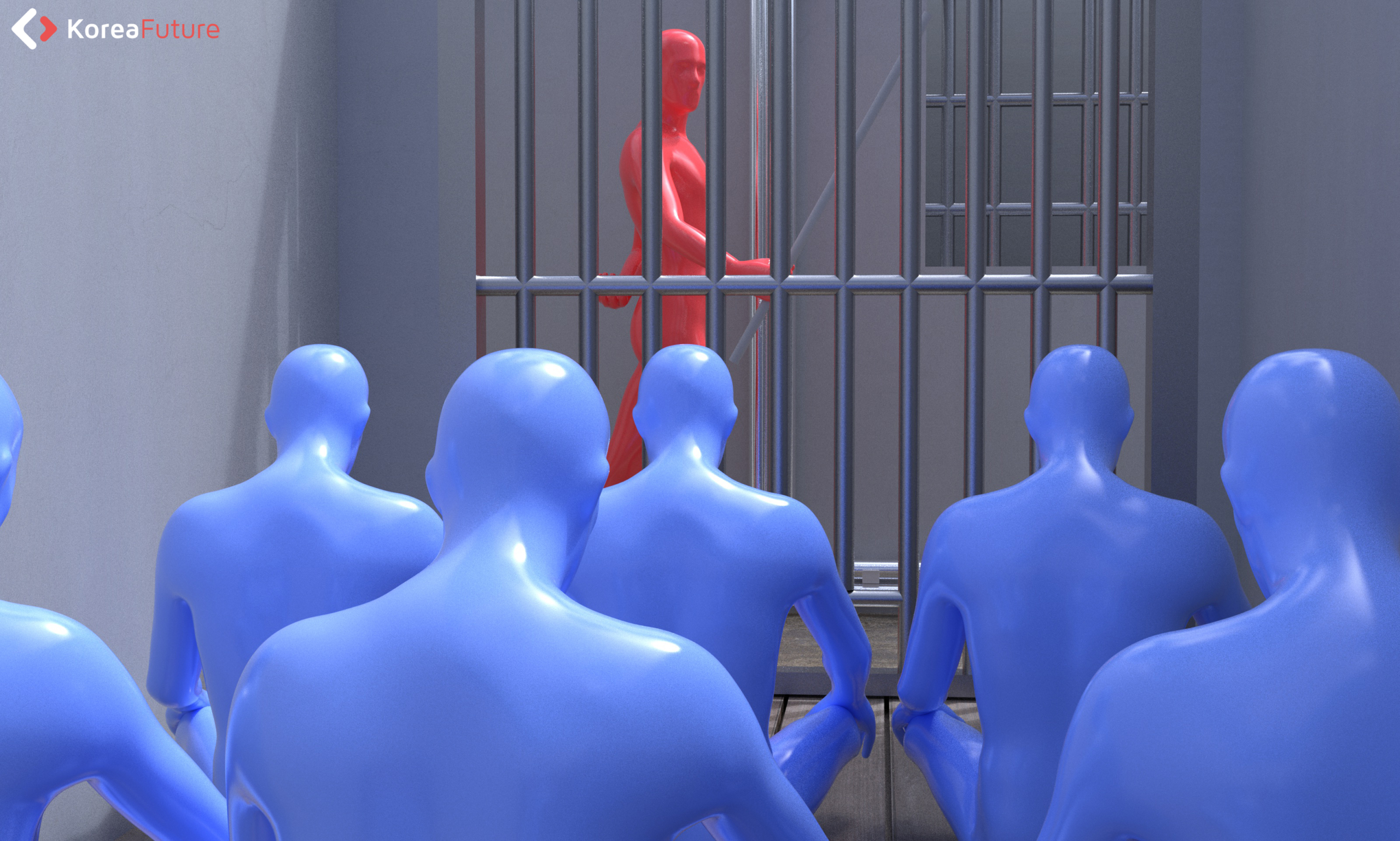
Korea Future has documented many alleged violations of international human rights law including Denial of Health; Torture and Cruel, Inhuman, or Degrading Treatment or Punishment; Arbitrary Deprivation of Liberty; Forced Labour; and Rape and Other Forms of Sexual Violence.
Korea Future finds “the context, scale, and pattern of far-reaching attacks against detainees to be suggestive of the furtherance of a state policy that was first documented by a 2014 United Nations Commission of Inquiry and, consequently, the crimes against humanity of torture, imprisonment, enforced disappearance, and inhumane conditions in detention”.
Korea Future has prepared a short film with the details, featuring a 3D model of one of the detention centres.
For more information, feel free to check out their full report and the database.


